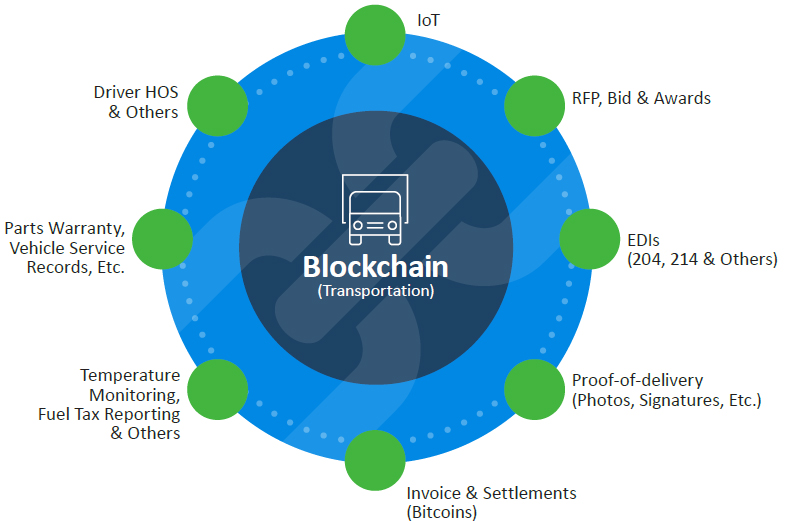As digital technology reshapes the transportation industry, Blockchain has become one of the top priorities for most organizations.
Blockchain is a decentralized distributed technology designed specifically to transform business operations.
The concept was introduced in a white paper by Satoshi Nakamoto in October 2008.
A year later, the first transaction was executed to transfer assets between two parties.
Since then Blockchain has been widely adopted by the financial industry and has slowly entered other sectors, including the supply chain and healthcare.
Lately, the film industry has begun exploring the benefits of implementing the technology.
Blockchain could be applied to help address global health issues.
For example, large enterprises such as Walmart, Nestle and Unilever have partnered with leading technology companies to reduce food contamination.
Remember the e-coli outbreak experienced by Chipotle? While Blockchain might not have been able to prevent the problem, it could be used to more rapidly trace the source(s) of outbreaks.
The shared behavior of the Blockchain allows organizations to not only track products within their control but also across vendors participating in the transaction, thus providing a 360-degree view to business stakeholders.
The permissioned aspect of the technology would limit the required view to authorized participants.
Each of these benefits, together with smart contract capability, make Blockchain attractive to leading businesses.
While Blockchain has clearly been embraced by the supply chain community, there are as of yet no open standards to help ensure successful implementation.
For many organizations, the ability to more effectively track goods across the supply chain is one of the most appealing benefits of Blockchain.
Our research shows, however, that there are many more, equally appealing, applications for the technology within the transportation industry.









